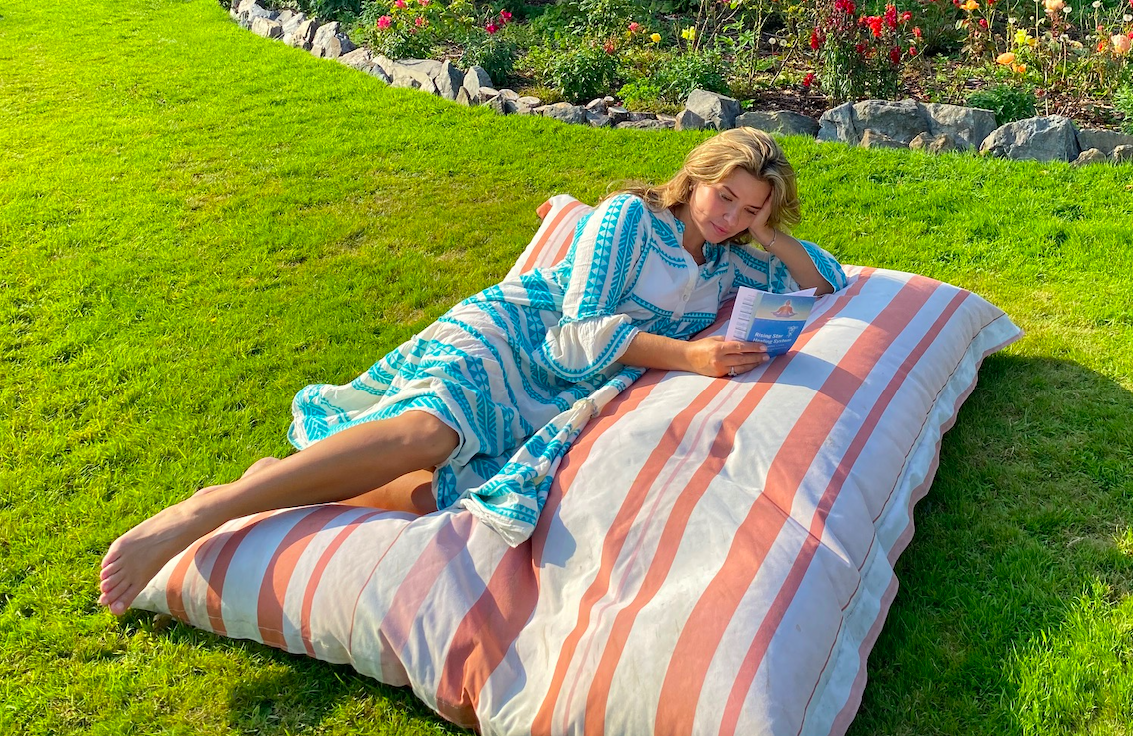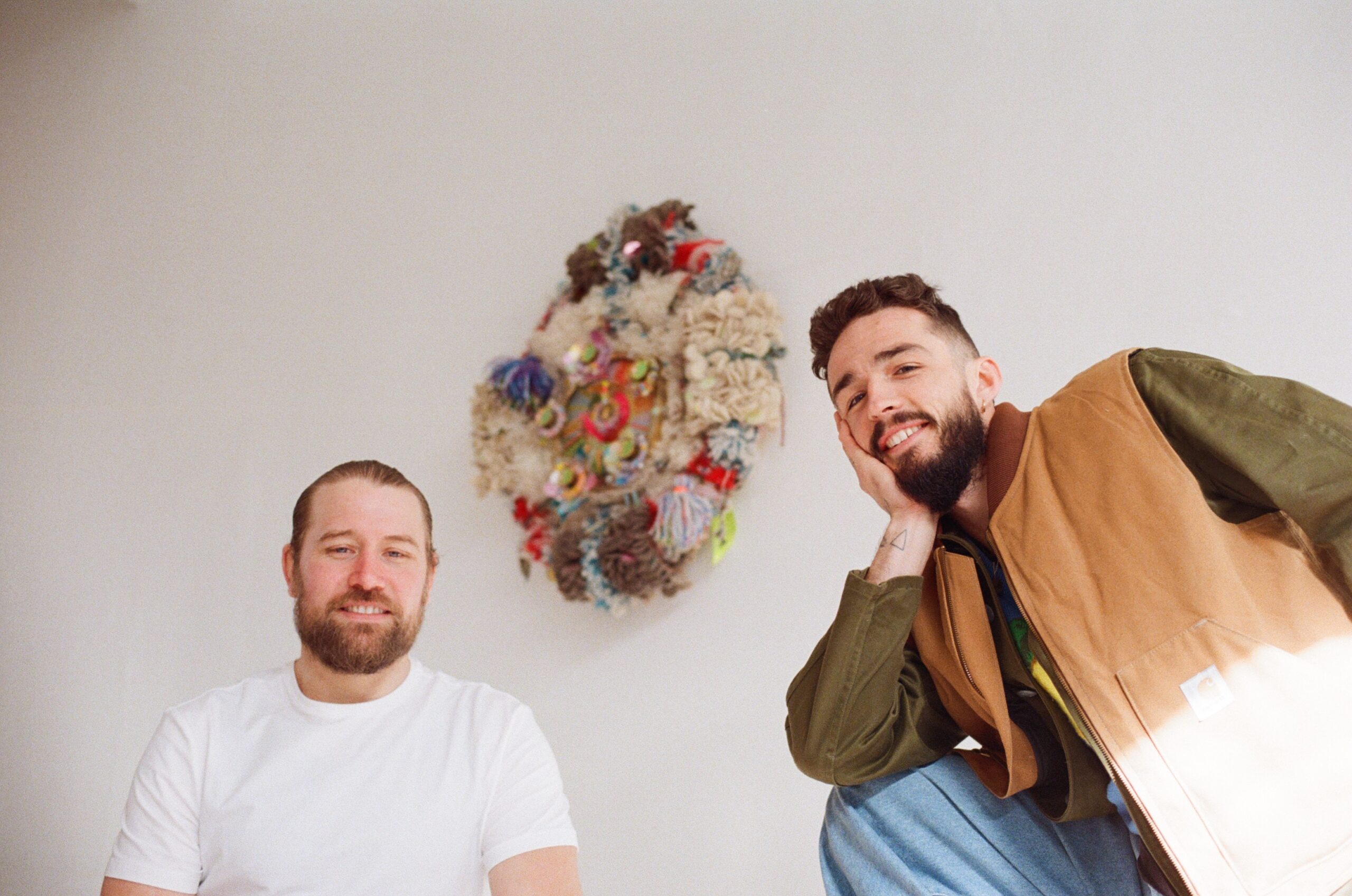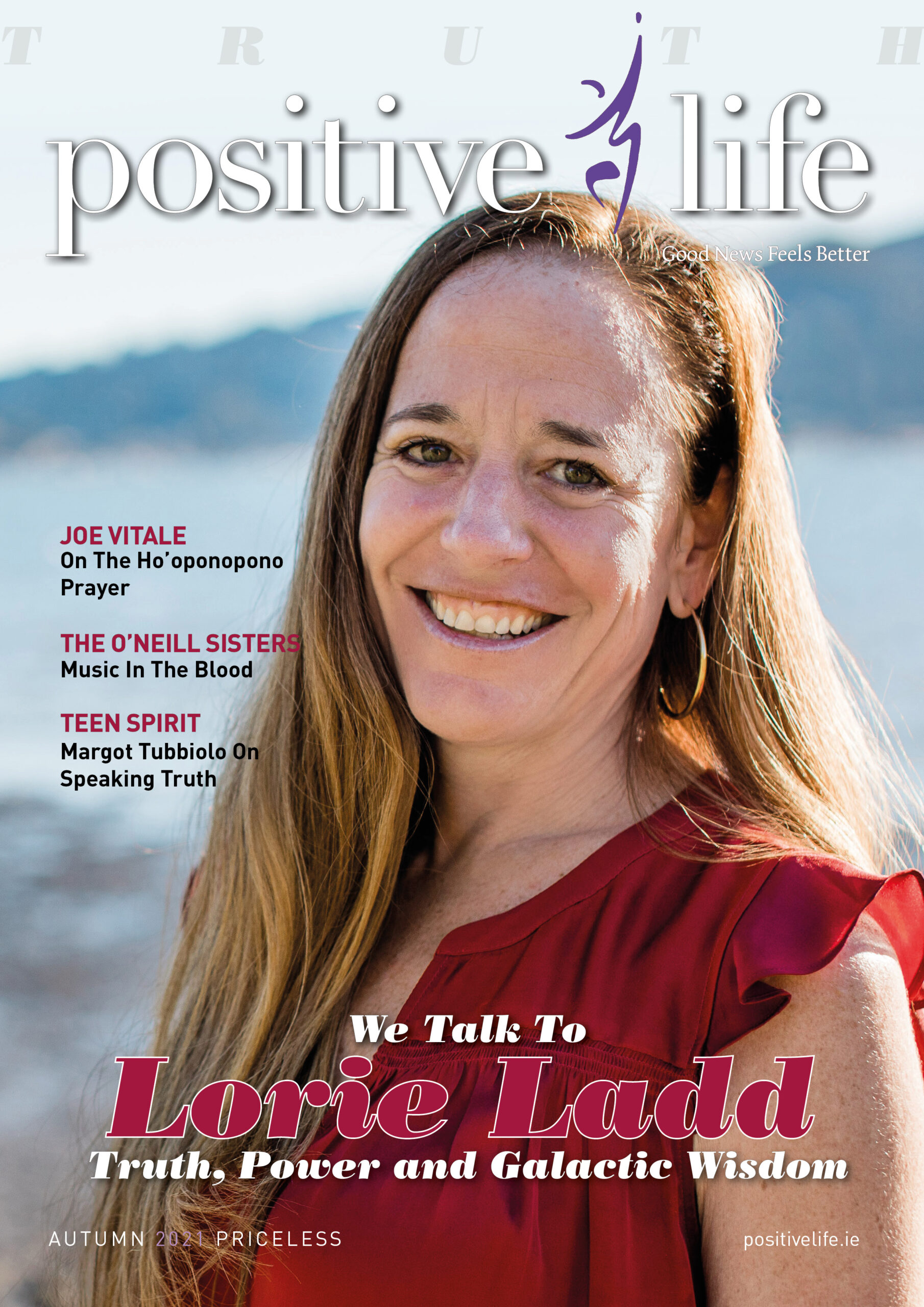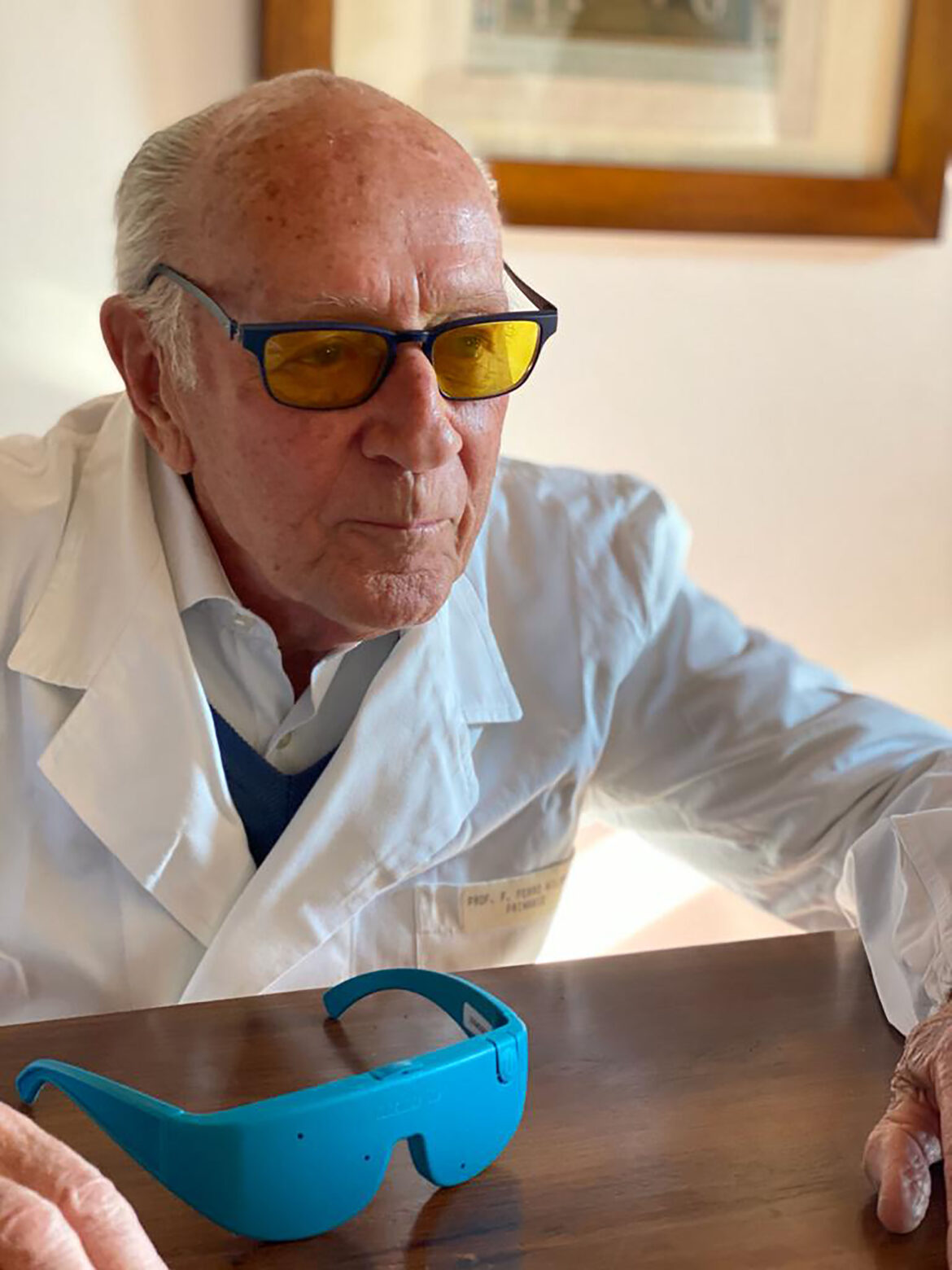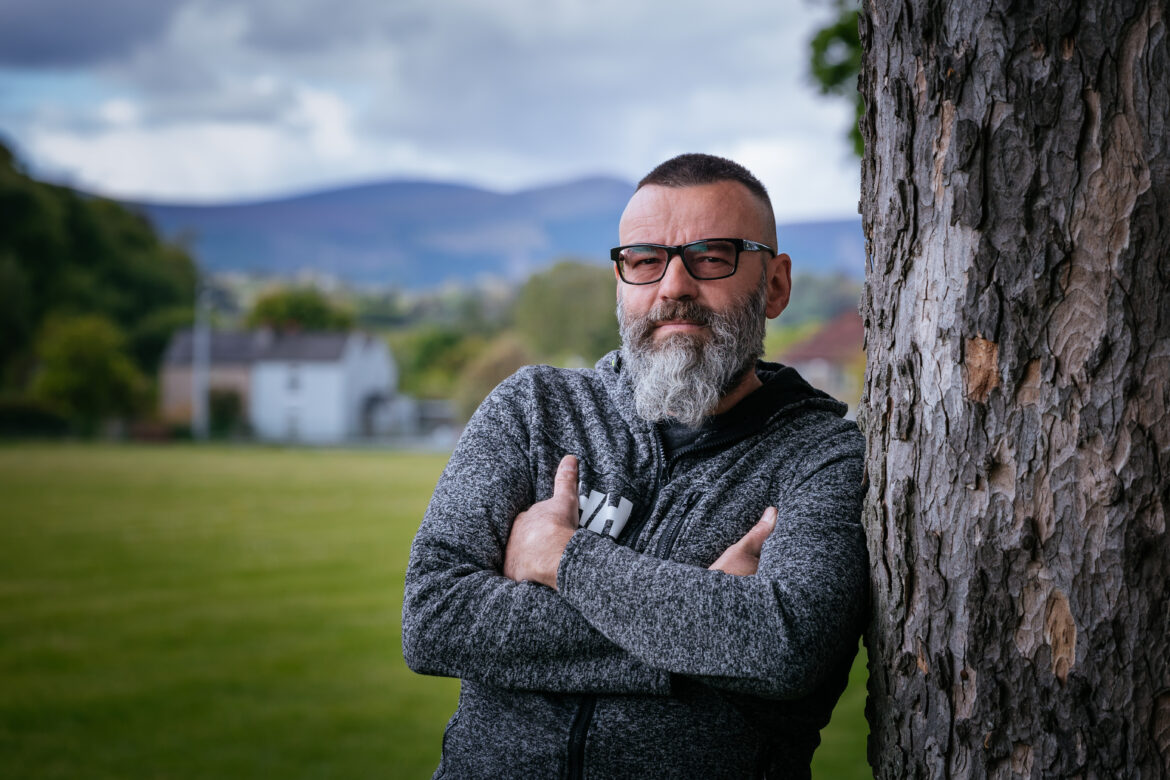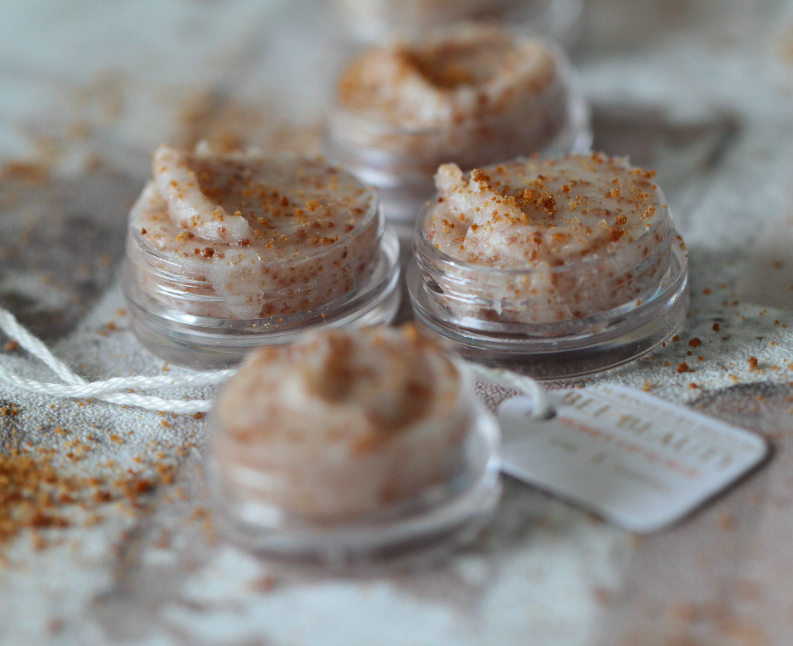We are huge fans of Creacon Wellness Retreat here at Positive Life. In our Autumn 2021 issue, we were pleased to feature them in the ever-popular Short and Sweet section. Read on to learn all about the amazing retreats, food, classes and other services they offer.
positive business
Mind, Body and Spirit: The Unique Fitness Approach of Universal Space
Looking for a new approach towards fitness: one that nurtures you on all levels? In our new Autumn issue, we had an opportunity to learn about the principles of inclusiveness, respect and body positivity that guide Universal Space Studio. Founders Mark Logan and Jody Kennedy have a unique aim of uniting mind, body and spirit, in an approach that promotes wellness on all levels of our being. Enjoy our feature below.
Autumn Vibes: Our Pick of the Season’s Best Goodies
The Positive Vibes section of our magazine is devoted to highlighting small businesses, artists, creatives and trailblazers who are doing some truly stellar work in the holistic health field. Enjoy the Autumn 2021 edition below: packed with ideas to improve your season and bring some light into the darkening days.
Fantastic news, Positive Lifers! Our brand-new Autumn issue will be landing in a health store near you this week. The theme is ‘truth.’ It has been a true labour of love, and we hope it inspires your mind and soothes your spirit as we ease into these crisp autumnal days.
Our new Summer 2021 issue featured a fascinating conversation with Ryszard Porebski. Ryszard had an amazing story to tell about how liposomal vitamins helped him to heal from the aftermath of a devastating paragliding accident. As a direct result of this experience, he was led to create his business, Sunshine Liposomes by POREBSKI Liposomes. Learn more below!
The Minutiae of Healing: Agata Borkowka’s Offerings
In our Spring 2021 issue, we got the chance to speak to Agata Borkowska, who has handmade and sourced a variety of beautiful, unique care products that you can drink from, or place on your body, safe in the knowledge that you are amplifying your wellbeing.

